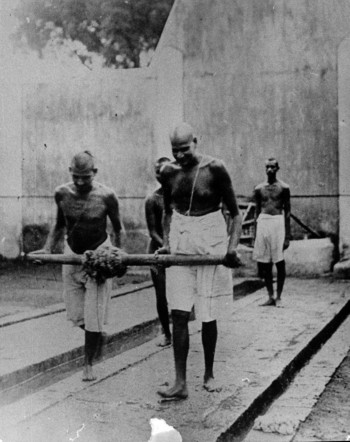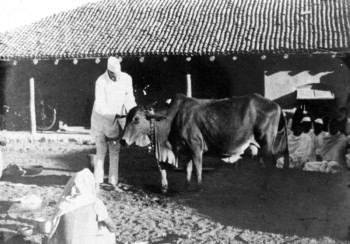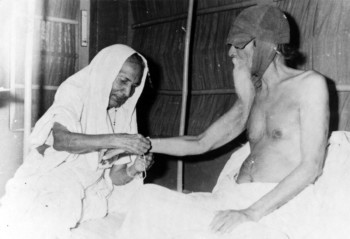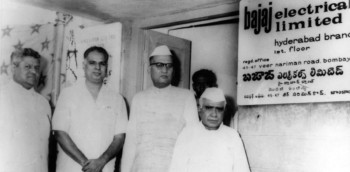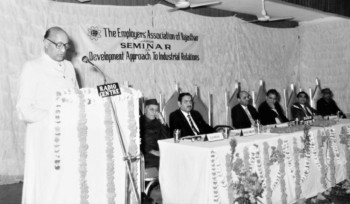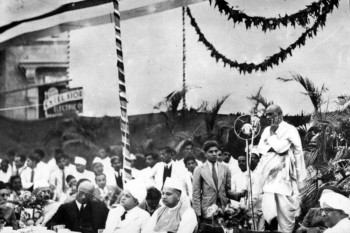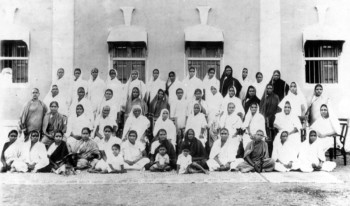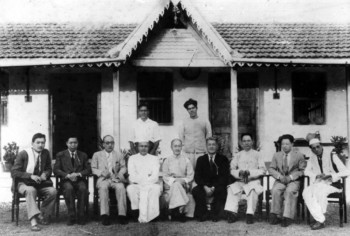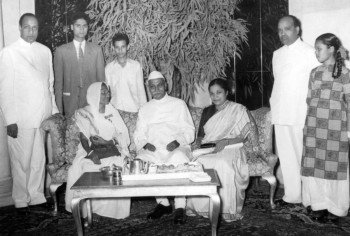Philosophy
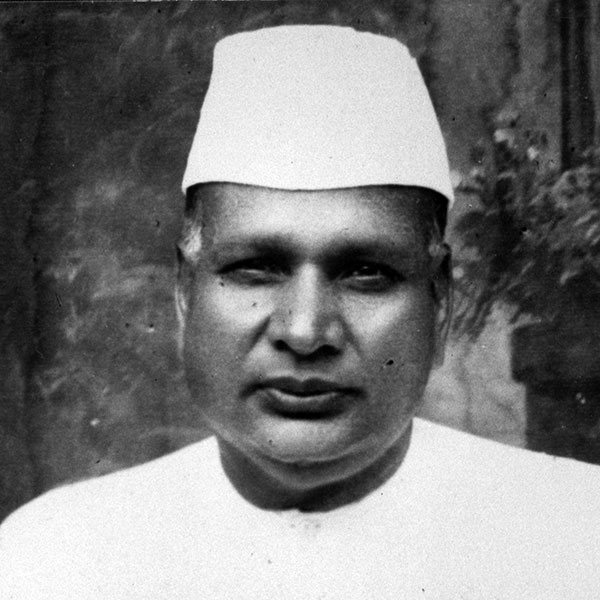
The group traces its roots to Jamnalal Bajaj, the founder patriarch of the Bajaj Family, who was born to Kaniram Bajaj in 1889 at Sikar, Rajasthan. While still a child, Jamnalal was adopted by a wealthy merchant from Wardha – Bachharaj Bajaj. Wardha, a town near Nagpur in present day Maharashtra, continues to be the Bajaj family home.
Although he inherited his adopted family’s wealth and businesses which kept him busy, Jamnalal felt a void. He believed his life was meant to be more purposeful and in the service of others and thus started taking an active interest in social, governmental and political fields. He found himself in search of a mentor and guide to fully realise his aims in life. A few years later, he found this in Gandhiji.
While Jamnalal was successfully managing his father’s businesses, Gandhiji saw his full potential, and drew him into the national movement. Soon after meeting the Mahatma, Jamnalal Bajaj would become the Treasurer of the Indian National Congress, a role he held until his death, thereby financing a large part of the national movement.
He would spearhead various movements in support of khadi, rural development, upliftment of backward classes, national unity, and much more, under the ambit of the national movement. Travelling through the country, from Kerala to the North-West-Frontier Province (Now Pakistan), he organised public gatherings, meetings and conferences. Meanwhile at Wardha, he built Sevagram, a village-ashram created along the lines of Sabarmati, for Gandhiji. This initiative of financing public institutions and movements, was heralded as a near perfect model of ‘Trusteeship of his own wealth’ by Gandhiji himself. With the presence of Gandhi and Jamnalal Bajaj at Wardha, Bajajwadi, their home, became a sort of national guesthouse and meeting location for the Congress Committee.
Jamnalal’s own businesses were known for their quality, as a direct result of his staunch refusal to indulge popular unethical cost cutting measures. When he was advised.
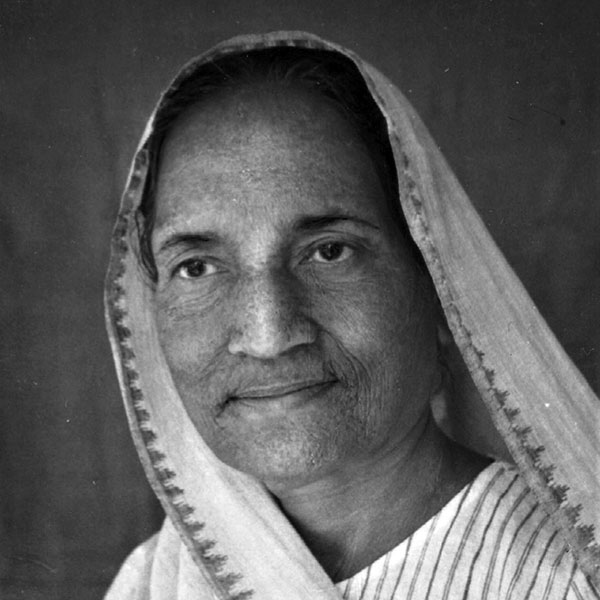
Jamnalal’s wife, Jankidevi Bajaj, was a woman ahead of her times. Despite being brought up with conservative values, she was quick to embrace reformation. Influenced by Gandhi and the progressive environment around them, she renounced regressive practices including the ghoonghat, and encouraged other Marwari women to do so.
Over the course of a full life she would address political gatherings, spend a term in jail under British authorities, and lead the ‘koopdan’ movement (a movement that supplemented Vinoba Bhave’s Bhoodan, and aimed at building wells for the disenfranchised.)
The Bajaj family, notably the children, Kamalnayan and Ramkrishna Bajaj, naturally imbibed the values of nationalism, nation-service, and ethical business practices. The children, Kamalnayan and Ramkrishna Bajaj, received their early education at Vinoba’s ashram. Here they learnt to live and think independently, with practical, hands-on knowledge of the world and resources around them. The Bajaj family, up to the current generation, has given immense importance to learning and seeking wisdom, which can then be applied to higher purposes that benefit the society and country.
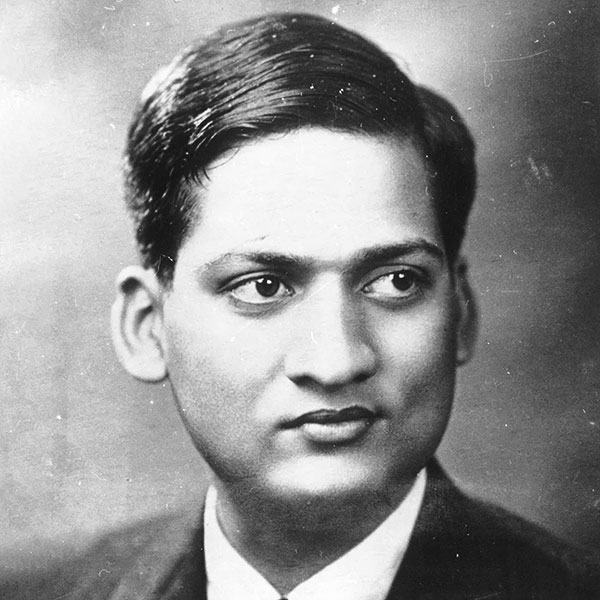
After Jamnalal passed away in 1942, Kamalnayan Bajaj took up the mantle of the businesses. He did a stellar job managing these, but also expanded to new territories and scaled the Bajaj group to fit into the Nehruvian vision of a modern, cosmopolitan and industrial India.
He headed international delegations, and established trade relations. Post-independence, he adopted constitutional measures to facilitate social change, by representing Wardha in the constituent assembly. He carried the company through the tumultuous partition era, when they lost property, factories and valuable personnel. In the post-independence period he deftly navigated the changing industrial laws and legalities.
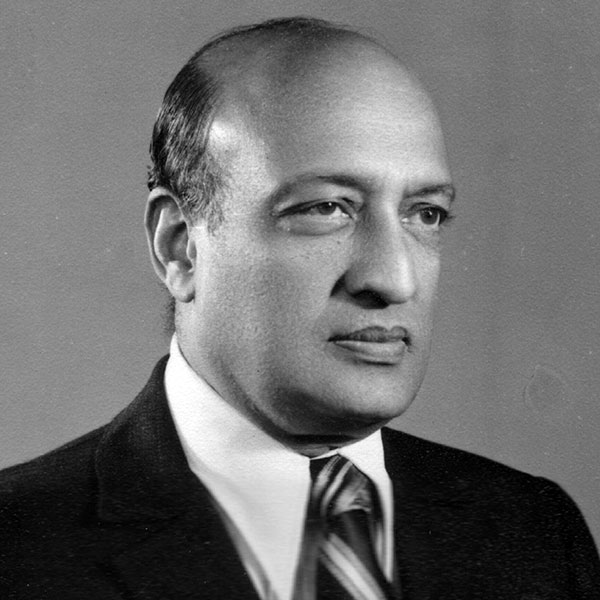
Ramkrishna Bajaj, the younger of the Bajaj sons complimented his brother’s business acumen. He was a leader who approached the business from a different, more holistic perspective. He was deeply passionate about creating a better ethical business environment, and this found manifestation in two organisations that he co-founded: Council for Fair Business Practices and the Advertising Standards Council of India. Both of which remain important bodies to check business malpractices, promote fair business and trade practices and reward customer centred outlook in India.
At different stages of his career he presided over the World Assembly of Youth, Federation of Indian Chambers of Commerce and Industry (FICCI), Indian Merchants Chamber (IMC), The Associated Chambers of Commerce and Industry of India (ASSOCHAM) and the Maharashtra Chamber of Commerce (MCC), and effectively used these platforms to further the change he wanted to see.
